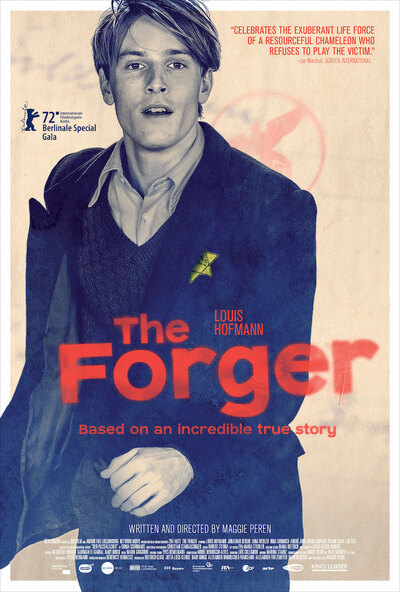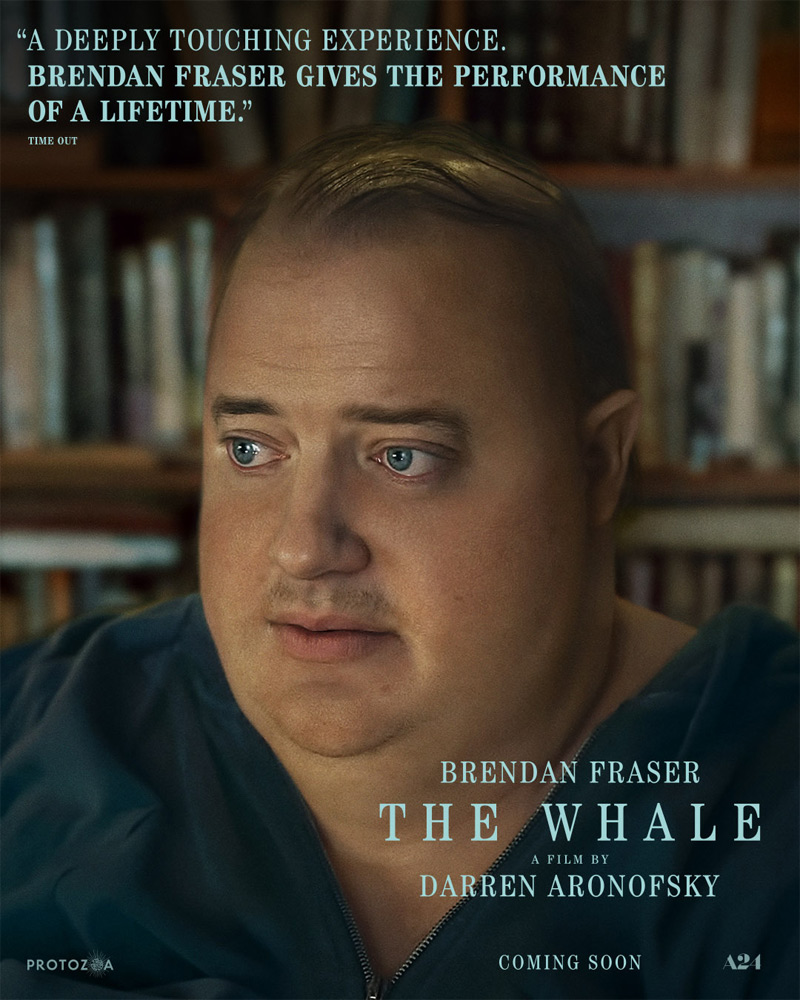I seem to be in strong disagreement with most people with recent movies. First example is “Showing Up,” with Michelle Williams by Kelly Reichardt. This movie is basically about a sculptor trying to do her work. The brief professional description is that an artist must balance her creative life with the daily drama of family and friends. Well who doesn’t have to do that? The problem is that her family and friends’ dramas are simply not that interesting until it gets to her possibly mentally deranged brother. Their mother thinks he’s genius, but he might just be a borderline personality. He digs large holes in his backyard and says their “ears” for the earth. When he enters the picture, there is at least a sense of danger. It doesn’t come to pass thankfully, but it adds some tension to what was an utterly boring movie. I’ve said somewhere else in this blog, that the artists life is not very interesting and probably not even worth studying. Maybe someone like Van Gogh or Picasso. But for the most part, writers, painters, sculptors and the like (I’m not going to include actors because they are usually bombastic and drunk, so they get into funny situations), just toil away, as unappreciated as housewives. This movie has already been talked about as a possible Best Picture.
The second example is Carmen, written by three people. There was, at least, some plot in this one. A woman who is doing some dancing on a plywood platform is being approached by some thugs in cars. When they arrive she is dancing furiously. They ask, “Where is she?” and when she doesn’t reply, they kill her.
I don’t know if the “She” is Carmen, who shows up a little bit later and somehow manages to dig a grave, bury her mother and burn the house down, all by herself. She takes off to the northern border of Chihuahua to crawl under the fence and make her way to her aunt’s house. At the same time, Aidan, played by Paul Mescal, whose star seems to be on the rise, is cajoled by his sister to go work at the border fence with the border patrol as a volunteer. It sounds like the actual border patrol is giving these volunteers (most of whom just want to murder someone) permission to assist in patrolling the border at night. Paul Mescal’s friend is a trigger itchy psycho that he knew in the army in Afghanistan. When they catch some “illegals” this friend shoots and kills 2 or 3 of them all while Aidan is screaming at him to stop. When the crazy friend turns his gun on Aidan, Aidan kills him. Carmen, who seems not to be aware of anything related to illegalities or crawling under a fence, steals their patrol vehicle and Aidan hops in the back and lies down. He lies down because he knows she will eventually run out of gas (something else she seemed not to have any understanding of). Of course she does, so she abandons the truck and starts walking. (Again, they are literally 600 hundred miles from Los Angeles. This girl does not think at all.) Aidan grabs the gas can out of the back and fills the tank, catches up with her about a mile down the road, and persuades her to get in. From there, a romance develops. They arrive at this crazy club where Carmen’s aunt encourages everyone to dance the way they feel. I kept closing my eyes in one long narrative, but would open them every so often to see if she was still talking about the same thing. She was. It literally stands perfectly still while they sing or dance or do all this nonsense about “feeling.” There is no story movement until the very end when they are trying to run again, and Aidan gets shot. He doesn’t die in real time, he dies in an exuberant dance which constitutes the ending. I was just glad it was over, but then people applauded.
So who knows. Maybe I’m an idiot.


